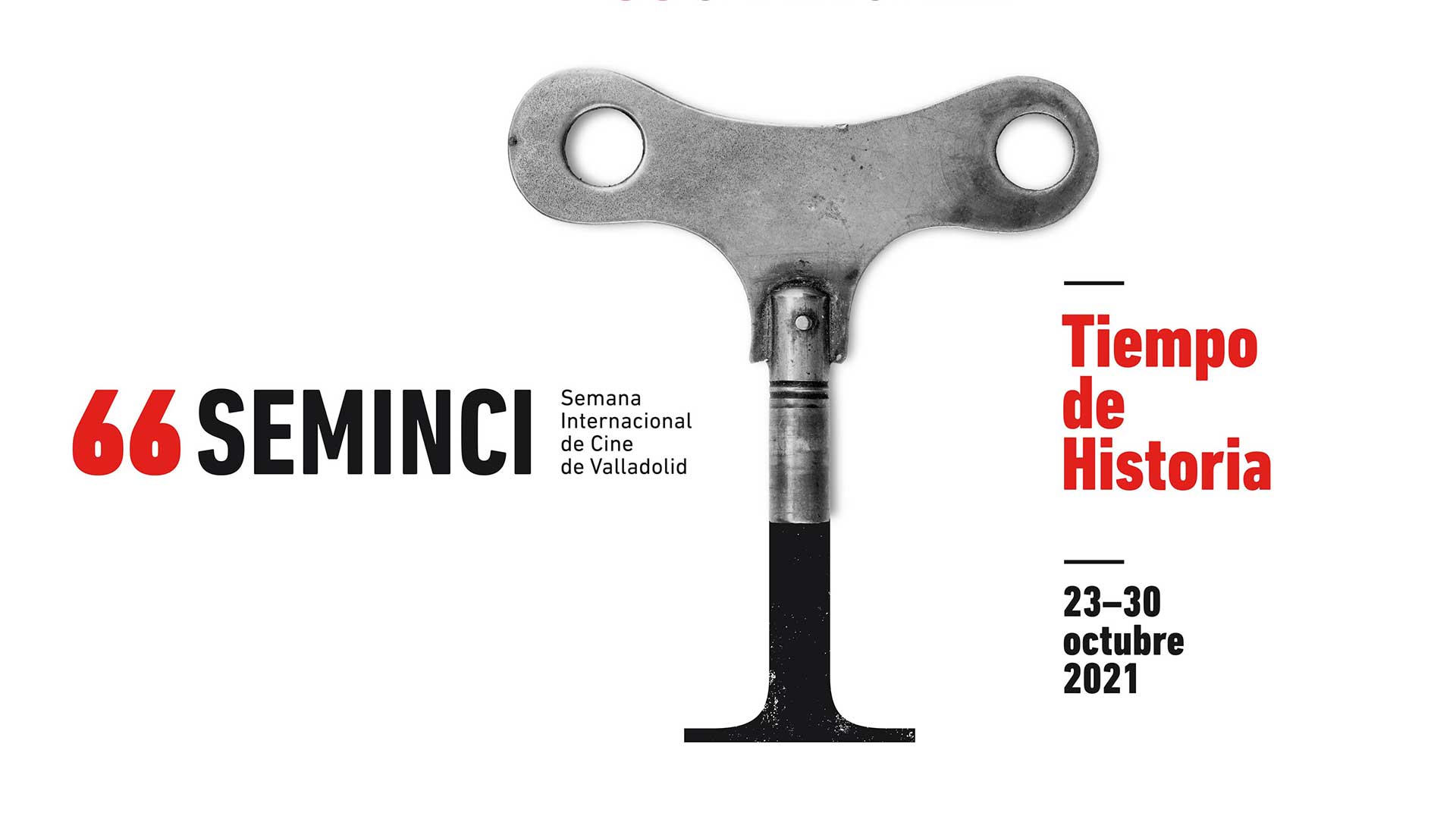- The 66th Seminci will program three Spanish productions: Las cartas perdidas. La cárcel y el exilio de las mujeres republicanas, by Amparo Climent; Impuros, by Álvaro Utrera, and LA QueenCiañera, by Pedro Peira
European productions will be in the spotlight of the documentary section in the upcoming 66 Valladolid International Film Festival, with 12 of the 15 selected feature-length docs produced or co-produced by countries in Europe. Time of History, which will also screen nine short or medium-length films this year —seven of them European— offers a selection of titles that address a wide range of topics, with a special focus on the most current political and social conflicts, such as female empowerment, cyberterrorism or gender identity, including films about anonymous people working to improve their environment, the repression suffered by women in Francoist prisons and the music of The Beatles.
The section will this year show three documentaries produced in Spain: Las cartas perdidas. La cárcel y el exilio de las mujeres republicanas (Amparo Climent), a film that describes the repression suffered by women in Franco’s prisons through the letters they wrote to their relatives or friends before they died or during their stay in jail; Impuros (Álvaro Utrera, out of competition), the four-day meeting in a Basque farmhouse of politicians Eduardo Madina and Borja Sémper, coinciding with the tenth anniversary of the end of ETA, to review their life trajectories and make a plea against any kind of totalitarianism; and LA QueenCiañera (Pedro Peira), also a Spanish production: a portrait of Bamby Salcedo, an undocumented transgender immigrant, HIV positive, sex worker, victim of sexual assault and in rehabilitation for her drug addiction, who has become one of the most highly recognized transgender activists in Southern California.
In addition, two other European productions directed by Spanish filmmakers will play at Time of History: Untold Secrets (Teresa Lavina, Ireland), which narrates the experiences of survivors of Irish mother and baby homes and focuses on the life and upbringing of one of them, Anne Silke; and A Symphony of Noise – Matthew Herbert’s Revolution, (Enrique Sánchez Lansch, Germany), in which the film’s director accompanies the British composer in his creative process of conceiving, recording and performing his most exciting projects and diverse events.
Time of History will bring together a good number of European productions: A Man and a Camera (Guido Hendrikx, Netherlands), an upending of documentary power dynamics and an inquiry into human nature; Bottled Songs 1-4 (Chloé Galibert-Laîné, Kevin B. Lee, Germany / France), a new media project that describes the strategies that enable us to make sense of the terrorist propaganda circulating on digital channels; Misha and the Wolves (Sam Hobkinson, UK / Belgium), which analyzes the story of the writer Misha Defonseca, who sold millions of copies of her book Misha: A Mémoire of the Holocaust Years, which turned out to be a fraud; Walk With Angels (Tomasz Wysokiński, Poland), a film about a man who dedicates his life to searching single-handedly for kidnapped and missing children in South Africa; and the already announced The Beatles And India (Ajoy Bose, Peter Compton, UK), a film that commemorates the 50th anniversary of the quartet’s historic trip from Liverpool to Rishikesh and which will be screened out of competition.
Also co-produced by Europe are the documentaries Luchadoras (Paola Calvo, Patrick Jasim, Germany / Mexico), an intimate portrait of three female professional wrestlers from Ciudad Juárez who, despite being surrounded by machismo, have redefined the image of women in Mexico; and My Childhood, My Country. 20 Years in Afghanistan (Phil Grabsky, Shoaib Sharifi, UK / Afghanistan), a film that follows a boy from the age of seven, when he lived in a cave next to the Buddhas of Bamiyan, until today when, after having formed his own family, he decides to pursue his own career as a news cameraman in Kabul: a story that will help us understand the conflict created after the recent takeover of Afghanistan by the Taliban.
The section is complete with the Argentine productions Rancho (Pedro Speroni, Argentina), which portrays the crossed lives of the inmates of a maximum security prison, and Corsini interpreta a Blomberg y Maciel (Mariano Llinás, Argentina), which recreates the recording of the mythical album by the greatest Argentine singer; North by Current (Angelo Madsen Minax, USA), where the director delves into the depths of generational addiction, Christian fervor and trans embodiment; and, finally, Writing With Fire (Rintu Thomas, Sushmit Ghosh, India) , which recounts the experience of the only newspaper in India run by Dalit women, the lowest caste in this social system.
These documentaries are eligible for a first prize of €25,000 and a second prize of €15,000, intended for directors in both categories. The lineup of short and medium-length documentary films competing for a prize that includes a cash endowment of €3,000 are: Deine Strasse (Güzin Kar, Switzerland), La gàbia (Adán Aliaga, Spain), Comrade Tito, I Inherit (Olga Kosanovic, Austria / Germany), In Flow of Words (Eliane Esther Bots, Netherlands), Balcony Concert (Diana Kadłubowska, Krzysztof Kadłubowski, Poland), Lo que no se ve ni se oye (Clara Cullen, Argentina), Naya (Sebastian Mulder, Netherlands), VO (Nicolas Gourault , France) and When We Were Bullies (Jay Rosenblatt, USA).

![Logo Foro Cultural de Austria Madrid[1]](https://www.seminci.com/wp-content/uploads/2024/09/Logo-Foro-Cultural-de-Austria-Madrid1-300x76.jpg)


































